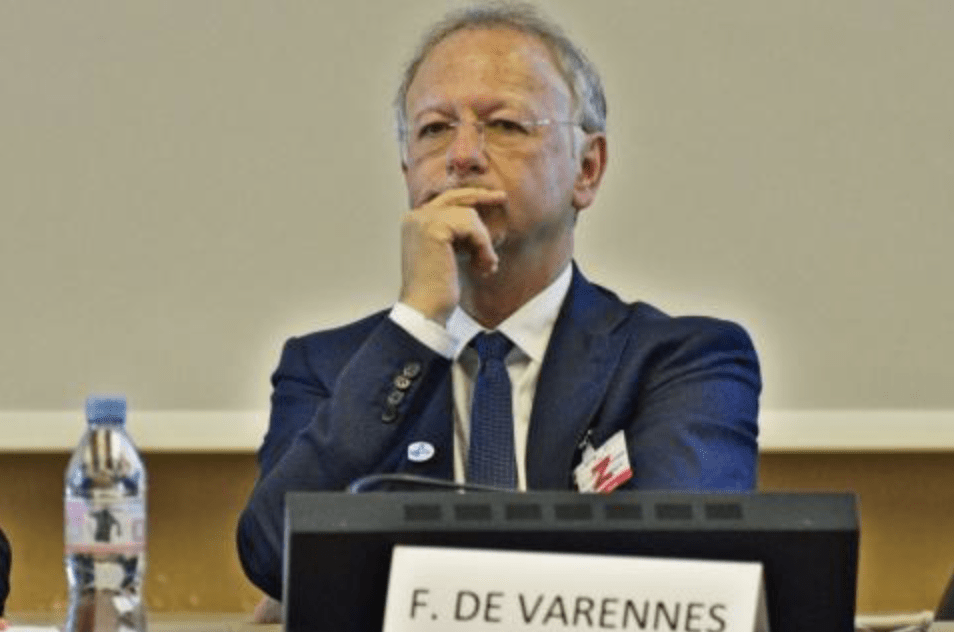
HRC40 – SR on minority issues: MRG’s call for a better inclusion of non-Tswana tribes in Botswana
UN Human Rights Council,
40th session
Interactive Dialogue – Special Rapporteur on minority issues (item 3)
Thank you Mister President,
Mister Special Rapporteur,
Minority Rights Group welcomes your visit to Botswana last August as well as your report. MRG has been working in Botswana for over a decade, on the situation of the non-Tswana tribes. These minorities have been historically marginalized, impoverished and exploited, and they have been struggling to secure livelihood, liberty, poverty alleviation, and access to development and public services.
As stressed in your report, the government of Botswana has made efforts by creating normative frameworks for the inclusion of minorities, and in particular non-Tswana communities.
The government of Botswana has adopted a number of important measures aiming at strengthening the dialogue with non-Tswana minorities, and at including them in the country’s development agenda. We welcome these important developments.
However, our work in Botswana lead us to the conclusion that despite significant efforts around the adoption of new policies, there is still a blatant lack of implementation.
One of the main reasons for that is the language barrier, as stressed in the Special Rapporteur’s report. It has an impact on equal access to education, a pre-requesite for equal access to work. It is also an obstacle to the equal participation in the political sphere.
The government of Botswana needs to tackle these challenges if it is to realize the ambitions of its development agenda “Vision 2036”.
We therefore call on Botswana to implement the very detailed recommendations contained in the Special Rapporteur’s report, and to use this report as a blueprint for reform. A better inclusion of non-Tswana tribes would assist in economic progress, consolidate a peaceful society and lead to a more vibrant democracy. For these reforms to succeed, civil society organizations and communities themselves must be involved at all stages, participate in the evaluation of existing policies and in the design of new ones.
I thank you.